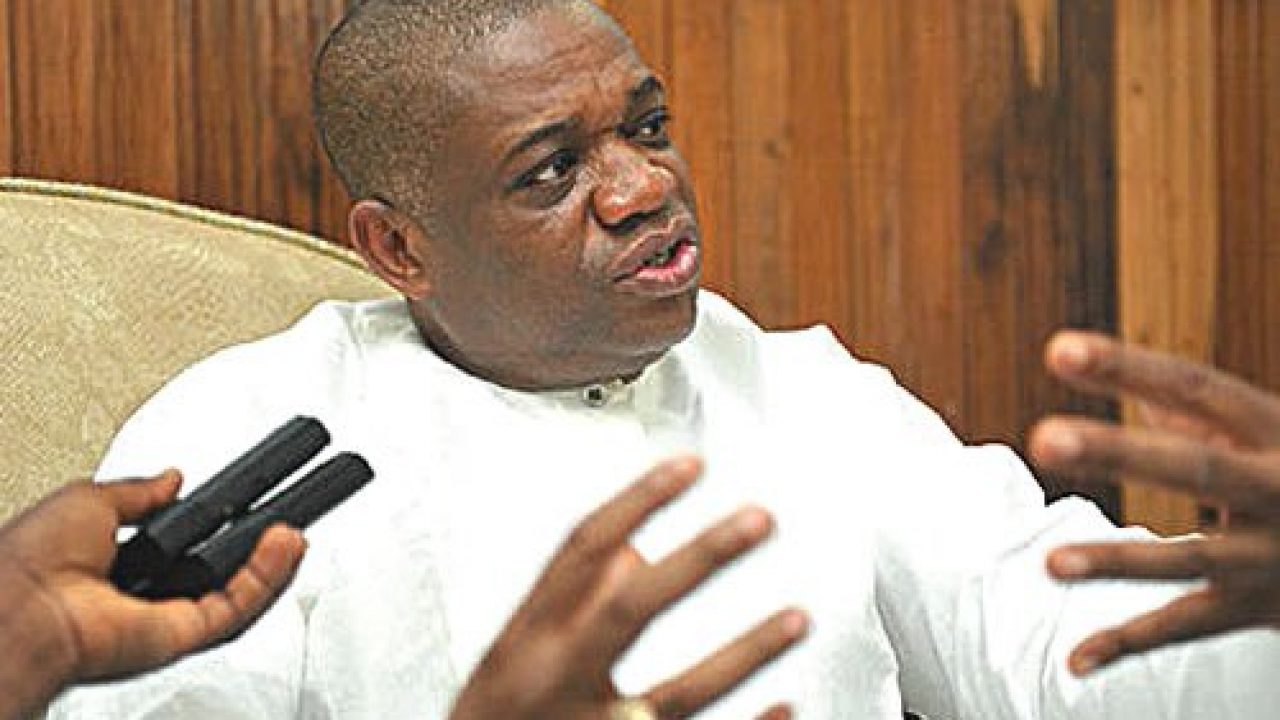The Federal Government announced on Tuesday the reinstatement of its suspended social investment programme, aiming to provide direct payments to 75 million Nigerians across 50 million households to alleviate the suffering of citizens, particularly vulnerable groups.
The scheme, which has been overhauled to tackle fraud, was unveiled by Wale Edun, Minister of Finance and Coordinating Minister of the Economy, during a ministerial sectoral briefing marking President Bola Tinubu’s first year in office.
Overhaul and Suspension
President Tinubu had suspended all programmes administered by the National Social Investment Programme Agency (NSIPA) for six weeks starting January 12, 2024, to probe alleged mismanagement. This suspension also included the temporary halt of Betta Edu’s duties as Minister of Humanitarian Affairs and Poverty Alleviation, whose ministry oversees NSIPA operations.
Programme Reinstatement
To address these issues, President Tinubu established a Special Presidential Panel, led by Edun, to review and audit the programme’s financial frameworks and policies. The government has now restarted the programme to provide relief to poor Nigerians.
“The government has restarted the social investment program, providing direct payments to 75 million Nigerians in 50 million households,” Edun stated. Additionally, the government has allocated N1 billion to improve access to credit, with grants of 50,000 Naira to 1 million nano industries.
Tackling Food Inflation
With food inflation at 40.53 percent in April 2024, the government recognizes the critical role of agriculture in addressing global food insecurity. Edun highlighted that efforts are being intensified, with N200 billion allocated for agricultural intervention programs aimed at increasing food productivity and sustainability.
Infrastructure and Economic Growth
Edun emphasized the importance of infrastructure in driving economic growth and employment. A fund has been established to provide long-term support for housing construction and low-interest mortgages for the average Nigerian. He also revealed plans for an Economic Emergency Plan to stabilize the economy over the next six months.
Debt Servicing and Credit Rating Improvement
Nigeria has improved its international credit rating, with Moody’s and Fitch upgrading the country’s ratings to positive. This, combined with measures to ensure prudent expenditure and timely debt servicing, positions the government to meet its financial obligations comfortably.
Commitment to Accountability
The government has implemented a system of direct payments to contractors, suppliers, and vendors to curb corruption and ensure accountability. Edun underscored the administration’s commitment to counterbalancing the negative effects of economic reforms with social interventions.
Conclusion
In summary, the Federal Government’s reinstated social investment programme aims to provide substantial support to millions of Nigerians, addressing critical issues such as food security, economic stability, and infrastructure development. The measures taken reflect a comprehensive approach to fostering growth and reducing poverty, with a strong emphasis on transparency and accountability.






2 Comments